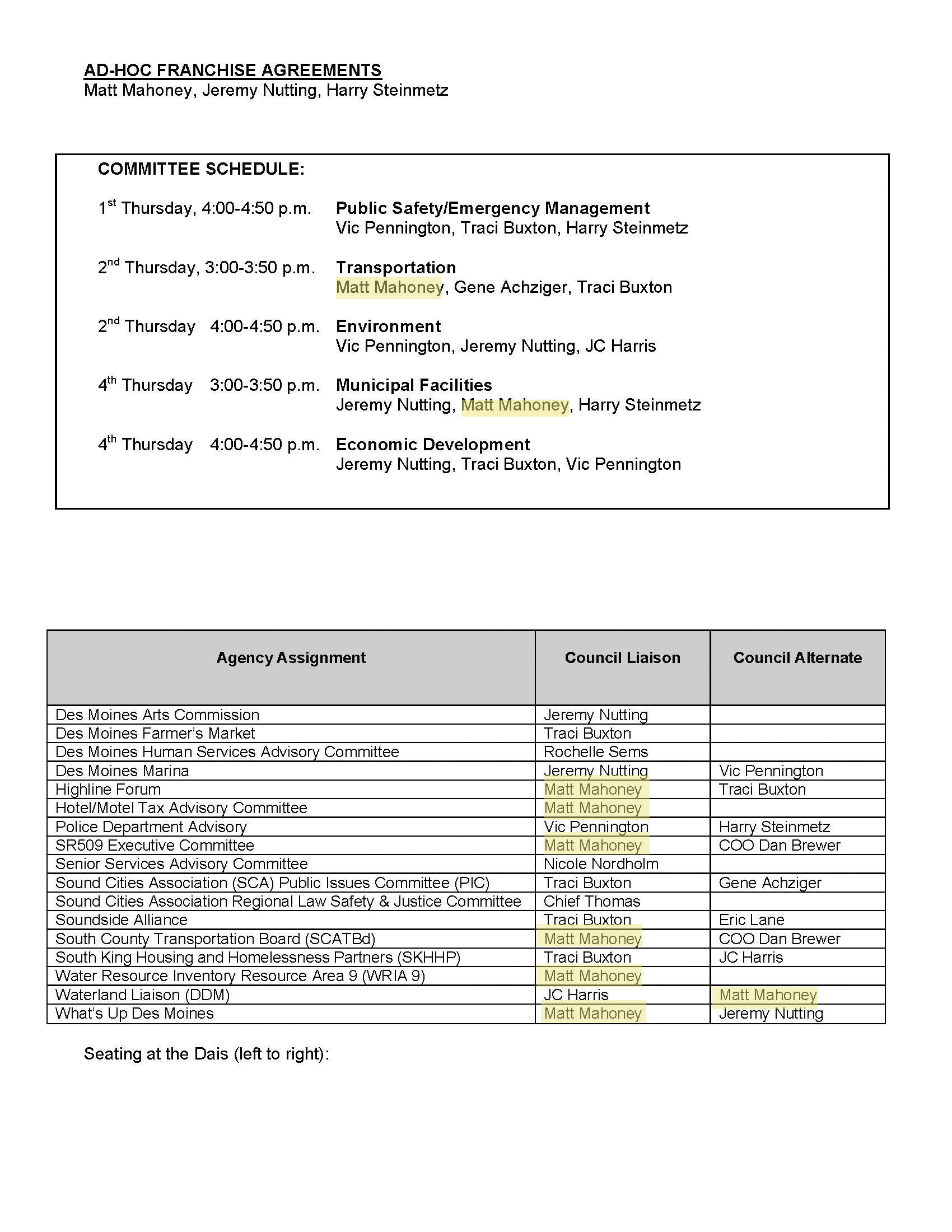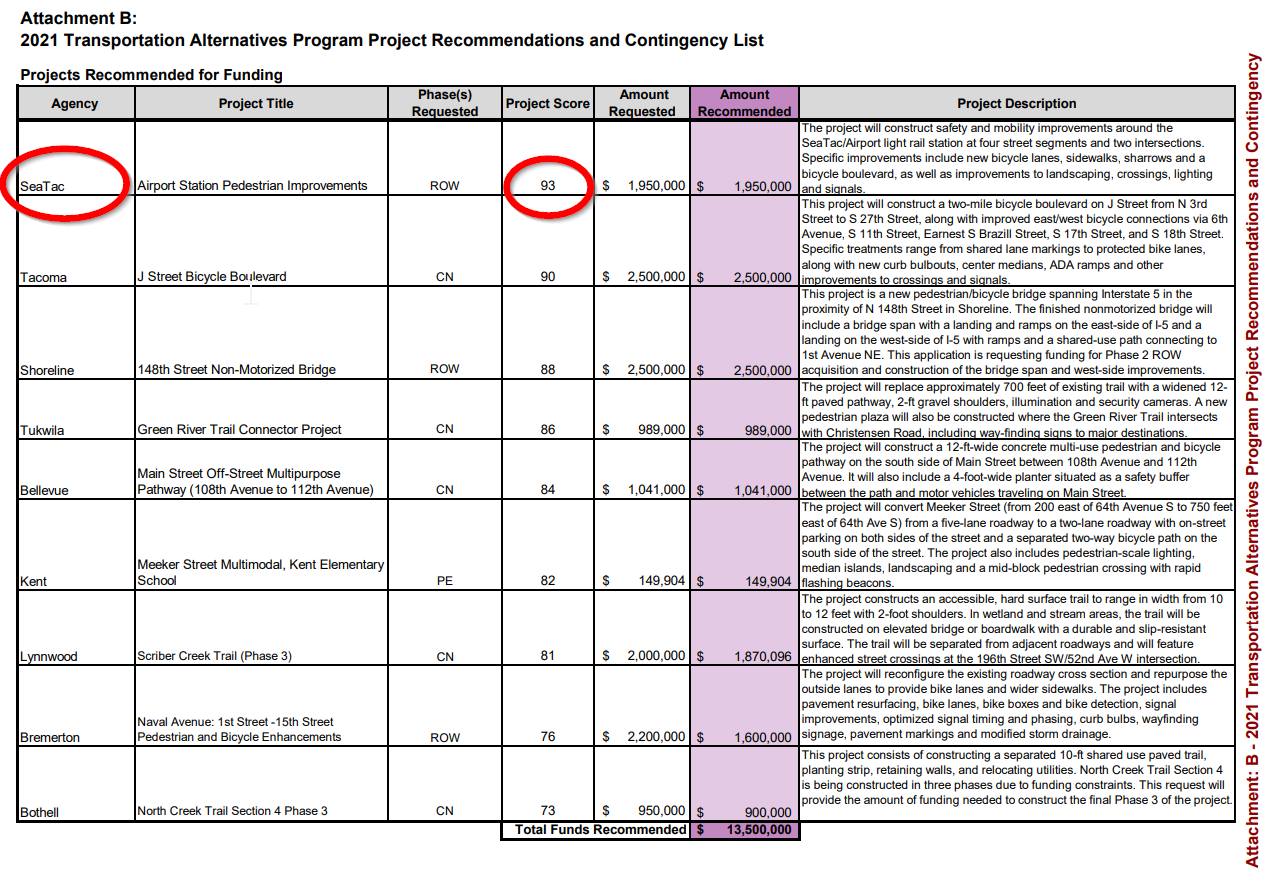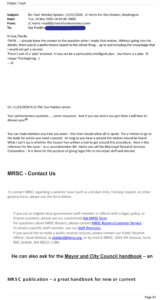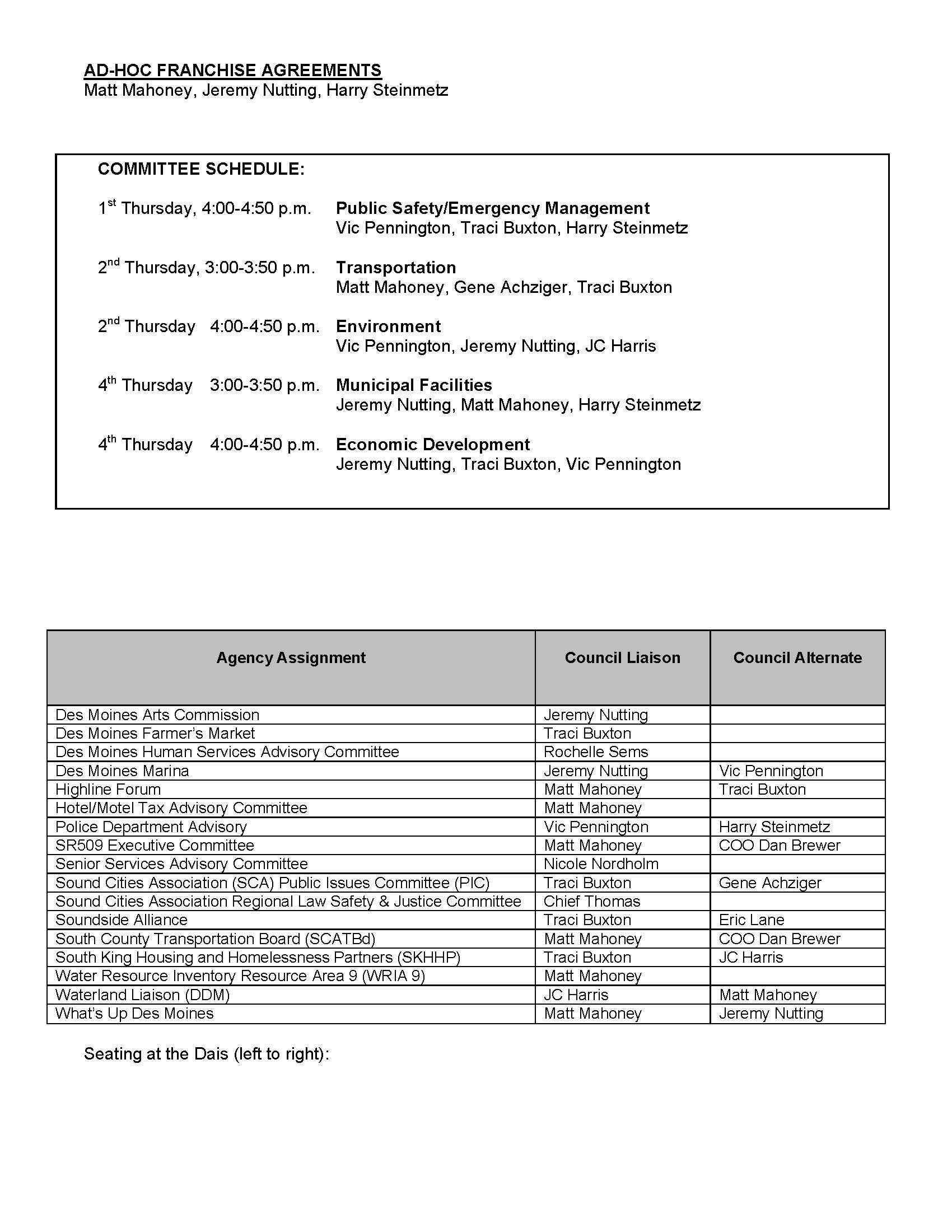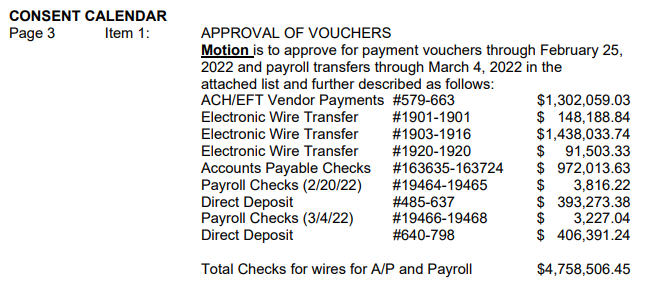There is an upcoming discussion about outsourcing Animal Control Officer (ACO) services to Burien CARES. For people new to Des Moines, this may seem like not such a big deal. Frankly, the service has not been great the past couple of years for a couple of reasons I won’t go into here. Suffice it to say, we currently have no ACO and that is an untenable state of affairs. Burien CARES may be able to do it at a lower cost than having our own ACO, many cities outsource ACO services, so it’s worth a think.
But 30 years ago, the city had an epidemic of various aggressive dog problems and disputes between neighbours. Officer Jan Magnuson was hired as a commissioned officer of the law. She was one of those employees for whom it wasn’t just a job, it was more like a calling. The difference she made was dramatic. She was available basically 24/7/365 and the public came to expect that level of service. She retired a couple of years ago and since then I (and many residents) have noticed an uptick in the same problems that we thought were things of the past.
Below is a post I made on Nextdoor re. Animal Control. You can read the whole thread here.
It’s no secret that the City is in active negotiations with Burien CARES to outsource Animal Control Services. I would recommend to everyone that you write the City Council and the individual members of the Public Safety Committee who will approve the move to Burien CARES or decide to hire a new ACO. Tell them you want “Officer Magnuson 2.0.”
As goofy as it sounds, I would go so far as to voice it just like that because the Council, the PD, and the Administration will know exactly what you mean.
I read here that one could not find another ACO like Jan Magnuson. Having spoken at length w Ms. Magnuson and done some research of the field I can assure the public that is simply not the case. There are many, many ACOs out there that provide amazing levels of service.
Unfortunately, we seemed to have assumed that -anyone- doing the job would provide the same level of dedication. And also, the Chief, understandably, wants to focus as much money as possible on violent crime.
Our last ACO was not commissioned/sworn as was Officer Magnuson. That severely limited in his ability to provide enforcement–in exactly these kind of cases. Also, it limited his usefulness–apparently he could not be re-tasked for general law enforcement during off-periods or in an emergency.
That lack of credential added to the notion I have heard that a fully commissioned ACO is something of a ‘luxury’ that a small city like ours cannot afford.
So the question is not to have or not have an ACO, it would be to have an ACO that is commissioned and has the flexibility to be re-tasked for other needs. -Or- if the City decided to outsource, to insure that Burien CARES is able to provide the same level of law enforcement as we previously had with Jan Magnuson.
There is also the question of having our Code Enforcement Officer credentialed and given partial tasking for ACO so as to provide -additional- coverage. If there is no ACO and no Kory, the call gets taken by the patrol officers and that is not ideal.
I have a particular interest in this because we are about to expand the Animal section of our Municipal Code to accommodate more chickens and barnyard -whatever- and proper enforcement capacity will be essential.
I know the matter will come up for a recommendation soon in the Public Safey Committee which now consists of Vic Pennington, Traci Buxton and Harry S. Steinmetz. I would strongly recommend that the public write them because that is the first decision point. It is rare for the full Council to override a recommendation from Committee.
I think this matters enough that I also would ask the public to write the City Council citycouncil@desmoineswa.gov and ask us to bring it up at the 31 March meeting.
Your ask really is “We want Officer Magnuson 2.0”. A highly credentialed, commissioned officer, with high availability…




